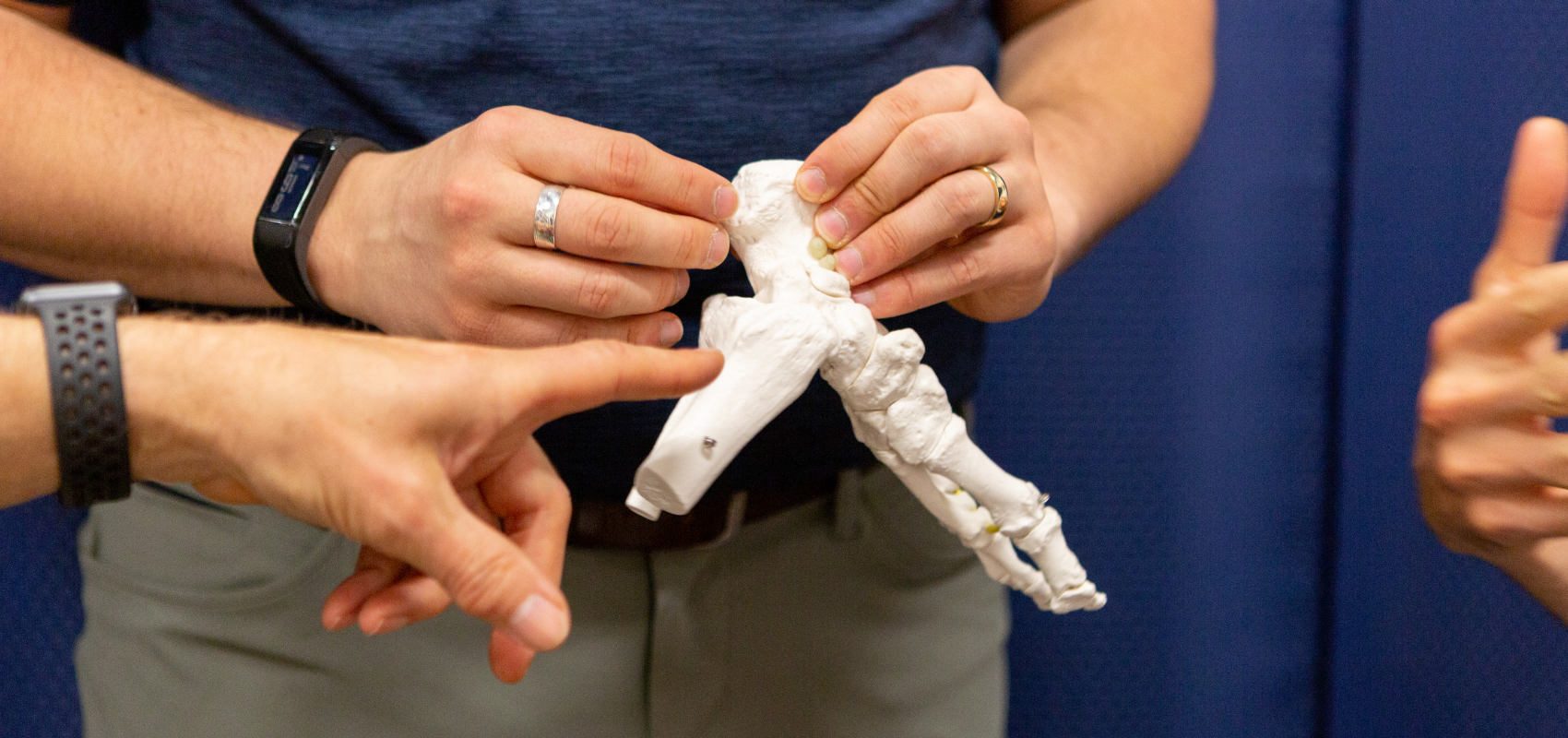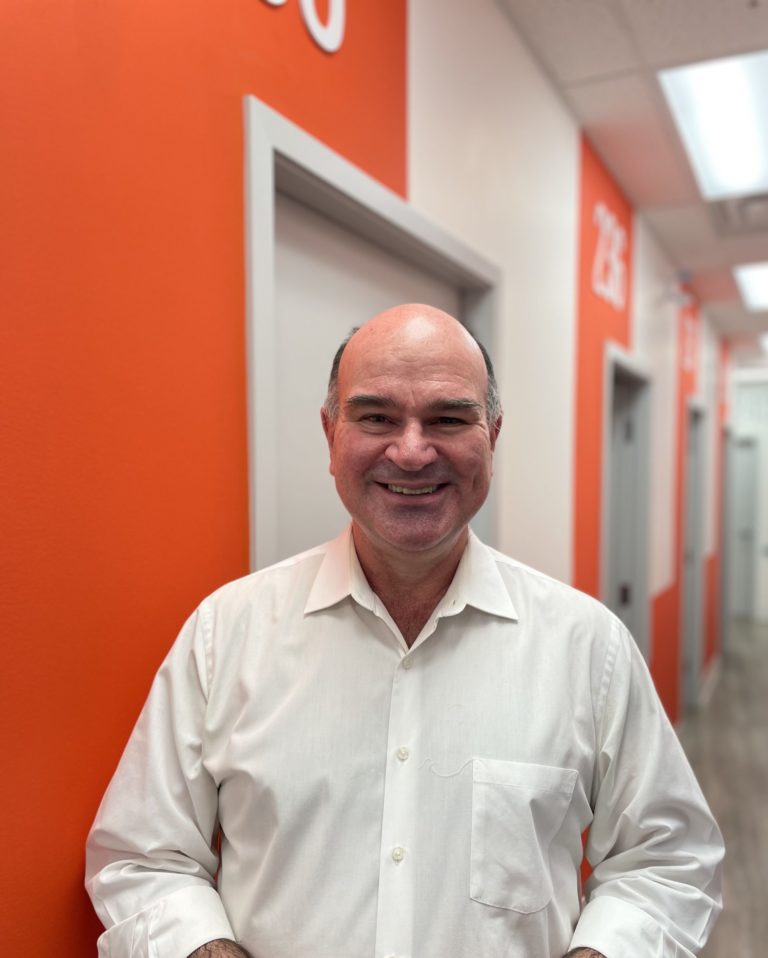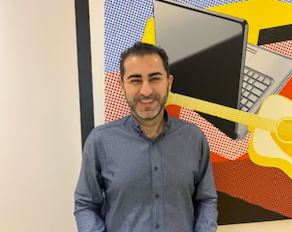
Dr. Peter Gutmanis
Orthopaedic Surgeon

Our surgeons have specialized training in providing hip, knee, ankle and shoulder replacements to help patients living with chronic joint pain return to everyday live.
Chronic joint pain and stiffness can be debilitating and prevent individuals from living and enjoying many aspects of day-to-day life. Normal joints move easily without pain because the ends of the bones are covered with cartilage. Cartilage is a smooth, highly-resilient type of tissue that can maintain itself and in most cases allow for lifelong pain-free movement. Unfortunately, however, cartilage has a very limited capacity to heal. As we age, or due to other reasons, cartilage in one of many of our joints can become damaged. There are a number of causes for the damage, ranging from systemic diseases such as Rheumatoid arthritis, to fractures of the bone that extend into the joint. Other times lesser injuries to the joint that occur when we are young set off the process of osteoarthritis that leads to joint damage when we are old. The predisposition to developing osteoarthritis also seems to occur in families.
Once the joint surface is damaged, there are no treatments that can cause the natural joint surface to be repaired. Instead, conservative treatment usually focuses on keeping the muscles around the damaged joint strong through physiotherapy, decreasing the load across the joint by changing activity, losing weight, or through medications and injections to help lessen the pain. Joint replacements are usually provided as a treatment option when more conservative treatments have not helped, or are no longer working.
The technique of joint replacement varies slightly from joint to joint, but in essence, the damaged joint surfaces are removed and replaced with artificial surfaces. Joint replacement surgeries are relatively large surgeries, however joint replacement can restore function to a joint and allow normal daily activities. After receiving joint replacement surgery, recovery can be a long process and engaging in post-operative physiotherapy is extremely important in order to maximize the outcomes from surgery.
Doctors who provide joint replacements have additional specialty training in conducting joint replacement surgery. A referral from a GP is required in order to obtain a consultation with a joint replacement surgeon.

Orthopaedic Surgeon

Orthopaedic Surgeon

Orthopaedic Surgeon

Orthopaedic Surgeon

Orthopaedic Surgeon